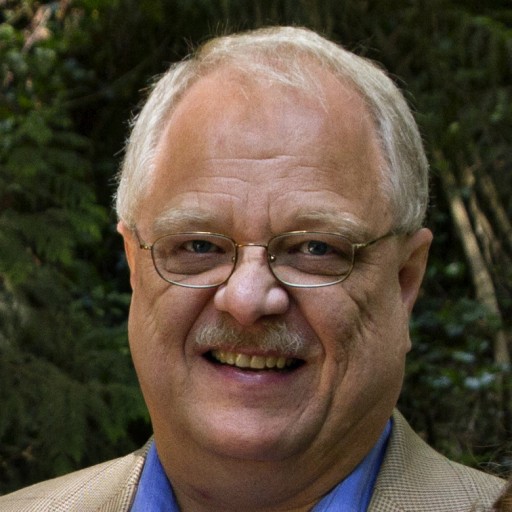God’s Provision for Tomorrow
 I’ve heard the assertion several times, “Since God instructed us to not worry about tomorrow (Matthew 6:34), it violates His will to plan for retirement.”
I’ve heard the assertion several times, “Since God instructed us to not worry about tomorrow (Matthew 6:34), it violates His will to plan for retirement.”
Can this be?
The first time I heard this contention I had to ask the person to repeat it; I had never considered such a thought. Eventually, I dismissed it as the naïveté of a young person so far removed from retirement that planning doesn’t seem to be a legitimate concern. “He would feel differently,” I told myself, “if he was on the downhill side of life like I am. Someday he’ll wish he had done more sooner.”
When I heard this idea expressed again, it was spoken with the passion of a person totally committed to living according to God’s design. This person was serious about Christian discipleship, and I couldn’t dismiss the statement as casually as I had the first time.
So does Matthew 6:34 prohibit retirement planning?
As I listen carefully to Jesus in Matthew 6, I hear the word “worry” repeated throughout the passage. In this part of the Sermon on the Mount, Jesus addressed the problem of anxiety. There’s no need to get bent out of shape about what you will eat; the God who provides for the birds will supply what you need. Neither should you become fearful about what you will wear; look at the flowers frolicking in the fields. God cares for your well-being in the same way. As Jesus moved toward the summary of the passage, he reiterated the folly of worrying about the basic needs of life. Instead, He said, “Give your entire attention to what God is doing right now, and don’t get worked up about what may or may not happen tomorrow” (Matthew 6:34, TM).
Okay, so Jesus urges us disciples to trust God instead of worrying that we’ll run out of material things just when we need them most. So is retirement planning a sign I don’t trust God?
Joseph, it seems to me, would answer that question by saying that in his situation planning for the future indicated the opposite—that he trusted God fully. God revealed to Joseph that through careful management in the good times, Egypt would be provided for—and be able to bless its neighbors—during the difficult stretch. As directed by God, Joseph encouraged Pharaoh to find “a discerning and wise man” (Genesis 41:33) to organize the nation’s gathering and storing during the seven years of abundance in preparation for the seven years of severe shortage. God’s provision involved advanced planning.
Paul would add that God’s provision required his active involvement. Writing to people who thought only slaves should stoop to manual labor, that they themselves were far too superior for menial tasks, Paul said, “You remember us in those days, friends, working our fingers to the bone, up half the night, moonlighting so you wouldn’t have the burden of supporting us while we proclaimed God’s Message to you” (1 Thes. 2:9, TM). Paul didn’t push the recliner back, pull the comforter up, tuck the corners under his shoulders and wait for pennies to fall from heaven. Paul embodied the liberating gospel to the people of Thessalonica by not becoming a burden to them. God’s provision involved personal effort.
When I direct that a portion of my salary be invested in a retirement account, I choose not to consume all I earn today so I will have resources for my future when I no longer earn wages for my labor. Along with Joseph, I am intentional about preparing for the future during the abundant years. As did Paul, I don’t expect someone else to carry all of the weight, so I do what I can to provide for my needs. With John Wesley, my industry is partnered with simplicity of life so I can provide for my needs throughout life and have something left to share with others.
In Matthew 6, Jesus did not say anything against making plans for the future. Instead, Jesus warned against worry. “Don’t live with the fear and anxiety that comes from misplaced allegiance,” he said. “Trust in God. And recognize that what you reap today might be God’s provision for tomorrow.”

